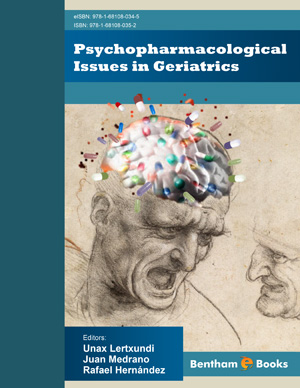Abstract
Problem Domain: The integration of computer and internet technologies into mental
health sciences represents a significant advancement with profound implications for
diagnosis and treatment. Understanding the role of these technologies in modern
evidence-based psychotherapies is essential for leveraging their potential to enhance
mental healthcare delivery. One of the critical issues within this domain is the potential
lack of familiarity and understanding of these technologies among psychotherapists. If
psychotherapists are not adequately trained or educated about computer and internet
technologies, it can hinder their ability to leverage these tools effectively in diagnosis
and treatment.
Goal of this Chapter: The third chapter aims to explore the integration of computer
and internet technologies into the field of mental health sciences, with a particular
focus on their significance in the diagnosis and treatment of mental health problems.
By discussing various aspects such as the influence of computers and the internet on
modern evidence-based psychotherapies, the integration of computer technologies into
mental healthcare, and the relationship between Artificial Intelligence and digital
mental healthcare, this chapter seeks to provide readers with a comprehensive
understanding of the intersection between technology and mental health.
Selling Points and Contributions of this Chapter: By offering insights into the integration of computer and internet technologies into
mental health sciences, this chapter highlights their transformative potential in
revolutionizing mental healthcare delivery and improving patient outcomes. A few
contributions from this chapter are listed below:
i) This chapter explores how computers and the internet impact modern evidence-based
psychotherapies, shedding light on the role of technology in enhancing therapeutic
interventions and patient outcomes.
ii) By examining the integration of computer technologies into mental healthcare, this
chapter elucidates the evolving landscape of digital interventions and their implications
for clinical practice.
iii) This chapter delves into the relationship between Artificial Intelligence and digital
mental healthcare, exploring the potential synergies and challenges in leveraging AI for
improving mental health services.
iv) Its presentation of existing digital psychotherapeutic interventions and practical
recommendations for implementation, this chapter equips readers with valuable
insights and resources for incorporating technology into clinical practice.
Short Results: By providing an overview of the integration of computer and internet
technologies into mental health sciences and offering practical recommendations for
implementing digital psychotherapeutic interventions, this chapter paves the way for
the advancement of technology-driven approaches in mental healthcare, ultimately
aiming to enhance accessibility, effectiveness, and efficiency in delivering evidencebased psychotherapies.
















